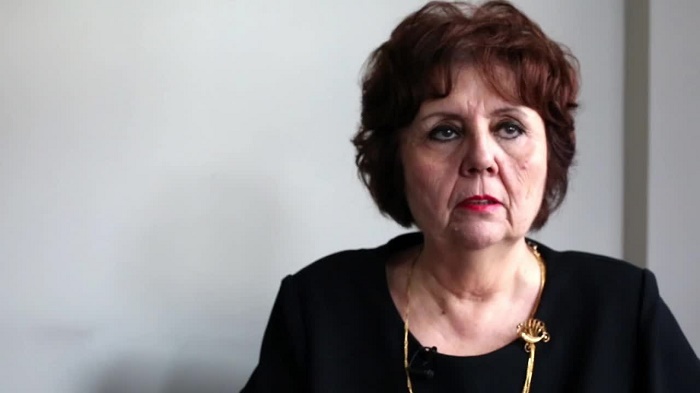Turkish journalist Ayşenur Arslan, a veteran broadcaster and former presenter on the pro-opposition Halk TV, faces up to seven and a half years in prison for allegedly disseminating propaganda for the outlawed Kurdistan Workers’ Party (PKK) in comments made on a television program.
The charges stem from Arslan’s remarks on October 2, 2023 during a Halk TV program in which she spoke about a suicide bombing that occurred near Parliament in Ankara and asked questions about the attackers’ methods.
The public prosecutor’s office accused her of spreading PKK propaganda and has demanded a prison sentence of one to seven and a half years. The 14th High Criminal Court of İstanbul will oversee the trial.
The PKK, which is classified as a terrorist organization by Turkey and its Western allies, has claimed responsibility for the October 2023 attack, which involved two perpetrators and resulted in the death of one person.
The Ankara incident led to airstrikes by Turkish forces on PKK bases in Iraq as well as Kurdish-majority areas in Syria. Arslan was briefly detained over her comments and an investigation was launched by Turkey’s Radio and Television Supreme Council (RTÜK) after its chairman, Ebubekir Şahin, accused the presenter of supporting terrorism.
Following RTÜK’s move, the owner of Halk TV, Cafer Mahiroğlu, announced the cancellation of Arslan’s show “Media Neighborhood,” citing what some considered her controversial remarks.
Arslan had questioned the strategy of the attackers and speculated that one of them might not have known about the explosive device. She also said it wouldn’t make sense to kill a person in Kayseri and steal his vehicle — possibly raising alarms over the murder and theft — and drive hundreds of kilometers in a stolen vehicle to carry out the attack when they could have easily stolen a car in Ankara.
Arslan’s lawyer, Celal Ülgen, rejected the accusations and pointed out that a separate charge of “praising crimes and criminals” had already been dropped.
It is common for journalists in Turkey, which has a poor record on freedom of the press, to face threats, physical attacks and legal harassment due to their work.
Rights groups routinely accuse the Turkish government of trying to keep the press under control by imprisoning journalists, eliminating media outlets, overseeing the purchase of media brands by pro-government conglomerates and using regulatory authorities to exert financial pressure, particularly after President Recep Tayyip Erdoğan survived a failed coup in July 2016.
